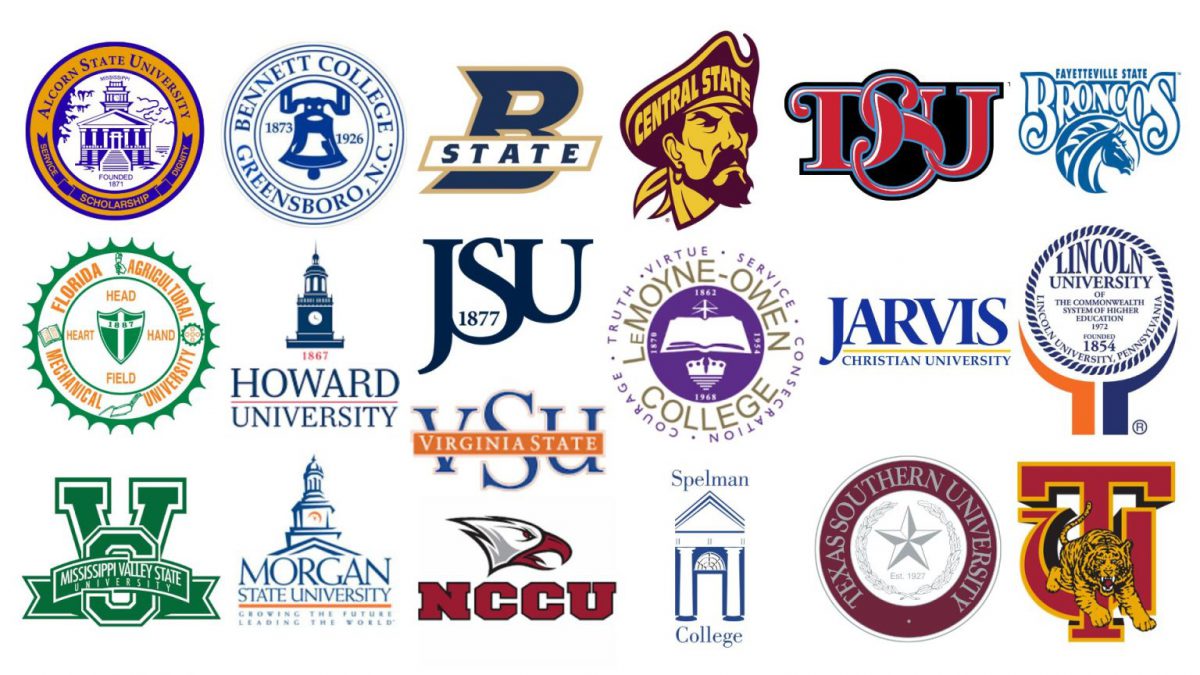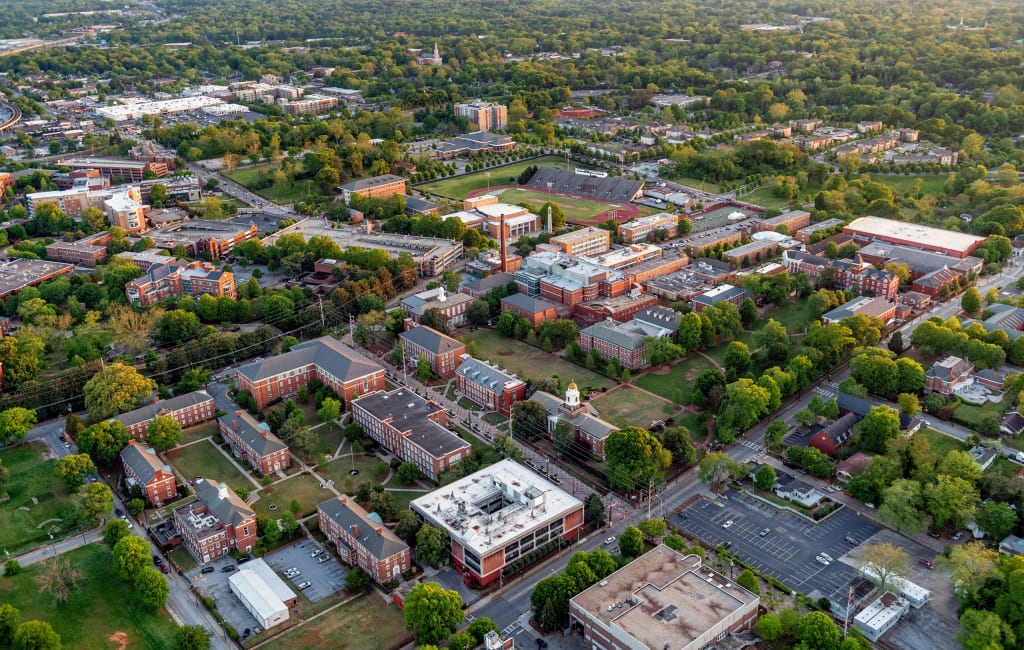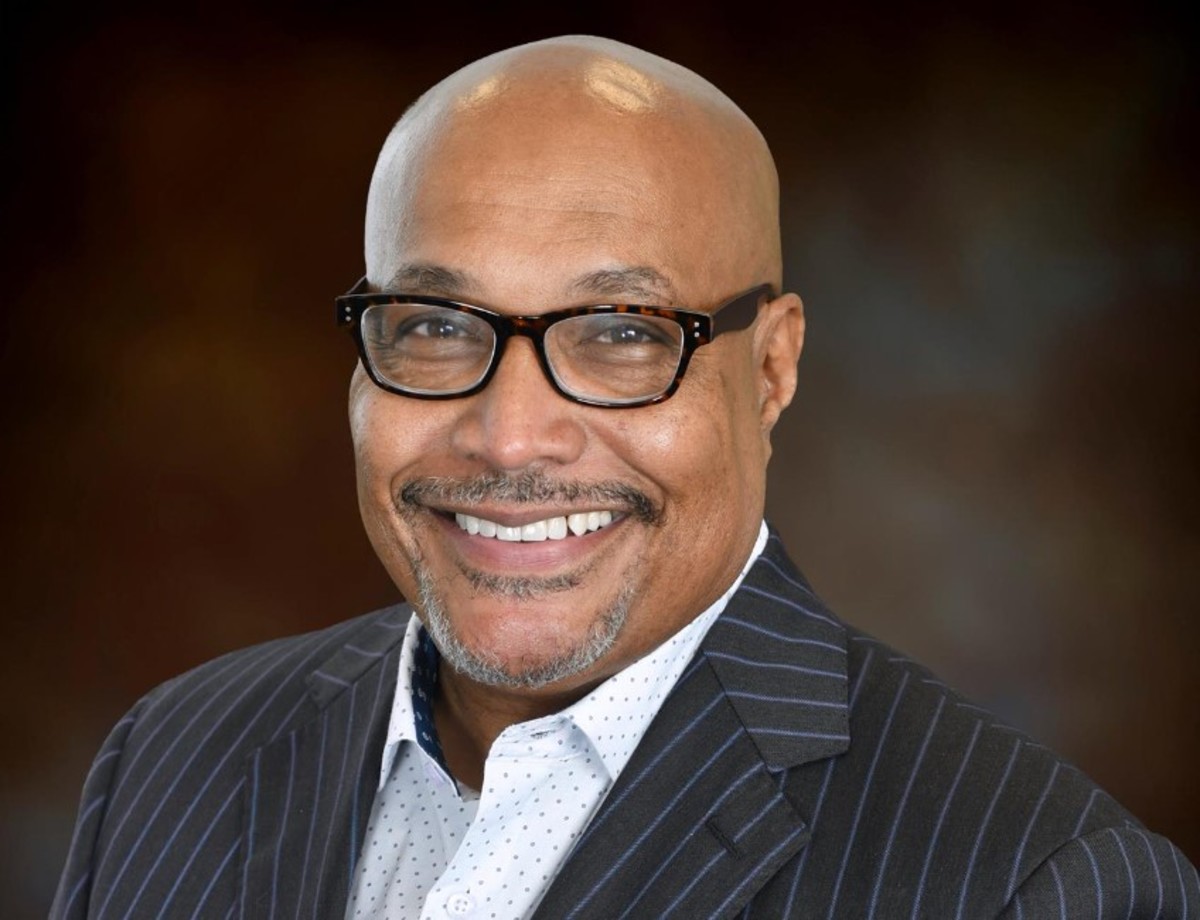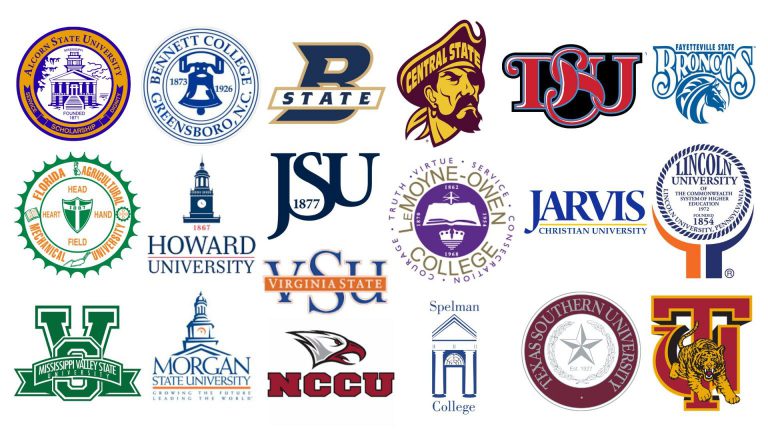These Schools Named 'Fulbright HBCU Institutional Leaders' by U.S. State Department
- October 20, 2023
The U.S. Department of State’s Bureau of Educational and Cultural Affairs (ECA) named 19 institutions of higher education as Fulbright Historically Black College and University (HBCU) Institutional Leaders for 2023.
Over the last 76 years, the Fulbright Program has given more than 400,000 students, scholars, teachers, artists, and professionals of all backgrounds and fields the opportunity to study, teach, and conduct research in the United States or in one of over 160 partner countries worldwide. Fulbright students and scholars are from or hosted by more than 800 colleges and universities across the United States, and thousands more campuses in over 160 countries.
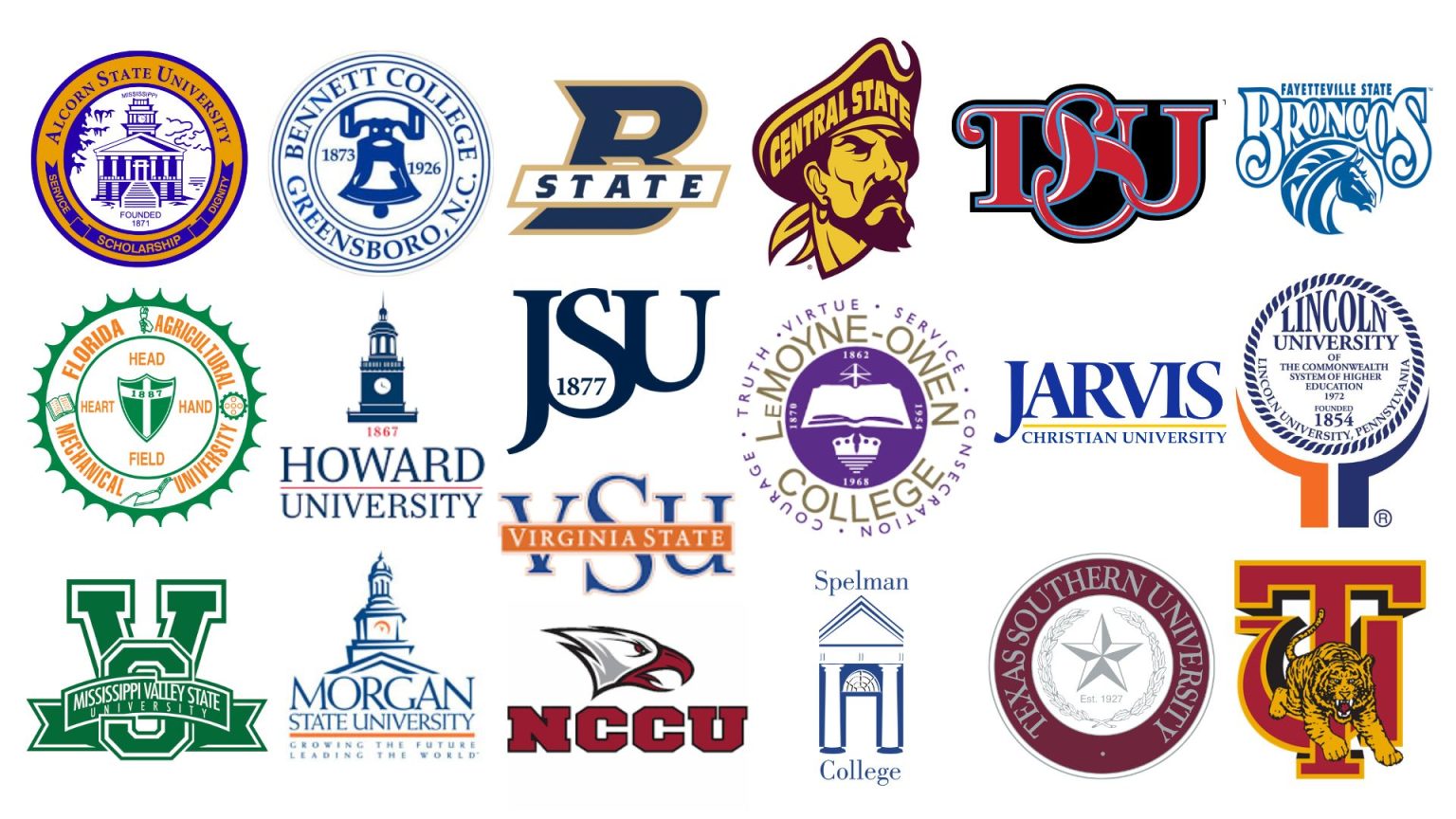
The HBCU Institutional Leader status recognizes engagement across the Fulbright Program, including the hosting Fulbright Foreign Language Teaching Assistants at HBCUs, Scholars-in-Residence, and other Fulbright Students or Scholars as well as having U.S. students, faculty and staff receive Fulbrights to study, teach or conduct research abroad.
The 19 Fulbright HBCU Institutional Leaders for 2023 include:
- Alcorn State University – Mississippi
- Bennett College – North Carolina
- Bluefield State University – West Virginia
- Central State University – Ohio
- Delaware State University – Delaware
- Fayetteville State University – North Carolina
- Florida A&M University – Florida
- Howard University – Washington, D.C.
- Jackson State University – Mississippi
- Jarvis Christian University – Texas
- The LeMoyne-Owen College – Tennessee
- Lincoln University of the Commonwealth of Pennsylvania – Pennsylvania
- Mississippi Valley State University – Mississippi
- Morgan State University – Maryland
- North Carolina Central University – North Carolina
- Spelman College – Georgia
- Texas Southern University – Texas
- Tuskegee University – Alabama
- Virginia State University – Virginia
ECA established the Fulbright HBCU Institutional Leaders Initiative to recognize and commend the strong partnership between the Fulbright Program and HBCUs and to encourage all HBCUs to increase their engagement with Fulbright to help their students, faculty and staff to study, teach or conduct research abroad and access valuable international experiences and perspectives.
Fulbright visiting students and scholars contribute to HBCUs’ international networks and create long-term collaborations. Faculty members who have Fulbright U.S. Scholar Awards return from their grant experiences and enrich their HBCU’s campus culture, students and curriculum, and the Fulbright U.S. Student Program provides recent alumni and graduate students with opportunities to gain valuable international perspectives and experiences.
“We are dedicated to ensuring that our faculty and students can pursue international collaboration and enrichment experiences which they bring back to campus for the benefit of our whole community,” Fayetteville State University Chancellor Darrell T. Allison, J.D. stated about his HBCU which was named as a Fulbright HBCU Institutional Leader this year. “This is yet another layer of academic excellence that helps prepare our students for global citizenship, and we are thrilled to contribute to global conversations this way.”
Learn more about the Fulbright Program at https://fulbrightprogram.org, including information about applying as well as Fulbright’s efforts to further DEIA within the program.
#HBCUs #EducationExcellence #FulbrightLeaders #GlobalEngagement #CulturalExchange #InternationalEducation #AcademicRecognition #DiversityInEducation #HigherEdAchievements
Share on Social Media
facts corner
Featured Articles
-
The Divine Nine: History of Black Sororities and Fraternities
-
What’s The Science? An Examination Of What HBCUs Are Doing With The Bezos Millions
-
Sacramento State Launches First Black Honors College
-
Here’s how AI is driving equity in Higher Education
-
Biden Calls for Greater Support of HBCUs, HSIs, and MSIs
-
Concluding the Year with a Broader Perspective

